OPINION: Dealing with the rise of political demagogues
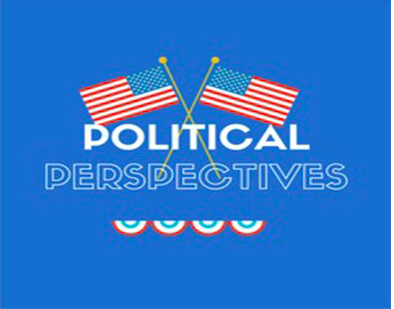
Genevieve Guenther
Political perspectives is a column that focuses on providing different opinions on important political issues from UNCW students.
If the past two presidential primaries have proven anything of substance, it is that demagogues are as pervasive as ever in our electoral politics. Demagogues being political figures who play off the emotions, frustrations, and prejudices of their constituents and harness those feelings to accomplish their goals.
This form of political leadership is typically intertwined with misleading or lofty statements intended to polarize the popular discourse. With that in mind, the 2016 and 2020 primary and upcoming general elections have been just as much a battle of demagoguery vs unity as they have conservatism vs progressivism.
Though hardly a new phenomenon, the fight for systematic change has become interwoven with a swath of candidates playing into voters’ best and worst instincts and turning many people’s perception of politics into a zero-sum game. A dangerous combination of social media echo chambers and politicians more than willing to fan the flames of discord leads many to become locked in their beliefs, however unreasonable they may appear.
The unwillingness to admit fault or incorrectness is preventing us from the natural growth and change that is not only healthy but necessary for us to refine ourselves and see alternate perspectives. This is not exclusive to any political theory, and I know I have fallen victim to this more often than not myself. However, a distinct lack of empathy wafts through the air, and the desire for common purpose and understanding has seemingly become a fraught one.
This is not a statement of ideology, it is fundamentally irresponsible to claim we must relent into centrist positions, not every issue calls for a moderate take, nor should it. In addition, not every issue aligns with a specific ideology, and most importantly, not every issue needs to be framed as a moral battle for the fate of the nation.
Our congress is no longer able to function within the parameters of policy disagreement, instead, every decision is an electoral one, and each decision becomes a lockstep maneuver to maintain the support of your base.
This is not a new development, nor is it a surprising one, but the rise in ideologically charged, populist figures like Republican President Donald Trump and Independent and Democratic Senator Bernie Sanders has made the popular discourse unbearable to navigate without making enemies, and frankly feeling stressed or angry about our involvement in political discourse.
The discussion has shown a prioritization of the “why” in our politics over the “how.”
Politics is not a game, and it is not hyperbolic to say the stakes are life and death, but the radicalization of politics has made compromise and understanding virtually impossible. And yet, for some voters, this is a sign of positive change.
A section of younger voters are no longer willing to tolerate incremental change and are calling for sweeping legislation and fierce action to counter what they see as a flawed and detrimental system. So, unsurprisingly, a group just as vocal formed to counteract these big ideas with matching force and vigor in the opposite direction. A nostalgic clamoring for a bygone era has resulted in a culture war with no winners.
And spearheading the outrage are not just social media activists, but our elected officials and candidates are also leading the charge. Of course, these groups and ideologies would exist without candidates supporting them, but involvement from our public servants lends legitimacy to their causes and makes them less than inclined to disavow or tame their most extreme and vicious supporters.
It is a chicken and the egg situation, one is not sure whether the shifting political environment saw the rise of these demagogues, or whether they share the brunt of the blame. Regardless, this system allows for the loudest voices in the room to control the conversation and shift the goalposts and media narratives to suit their needs, regardless of practicality or feasibility.
However, unlike the president, Senator Sanders has shown in the past few weeks that he is willing to put what he believes is best for the country, which in this case is dropping out and working tirelessly to support his former rival Joe Biden, above his own candidacy.
This is an inspiring revelation and one that should instill some hope in those anxious of long-term partisan infighting. We have yet to see, however, whether the folks on the other side of the aisle will be able to move on from their party leader once his term ends, whether that is in four months or four years.
I cannot imagine I am alone when I say that I long for a sense of calm and common purpose in our politics once again, but the next few months are likely to solidify whether or not we are ultimately ready to move beyond the demagogues, or whether they will ultimately shape the face of our political discourse for years to come.



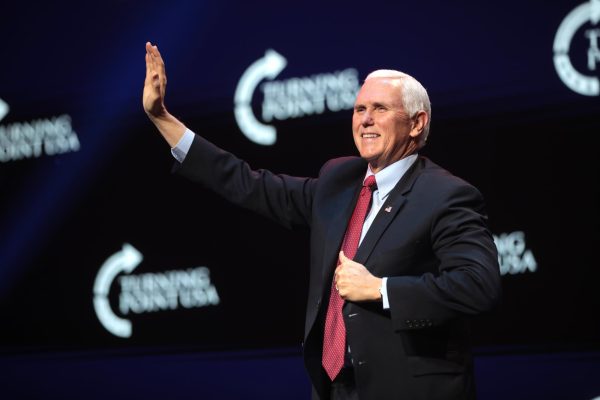

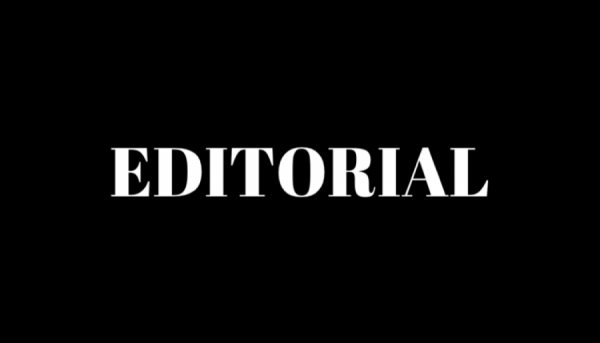


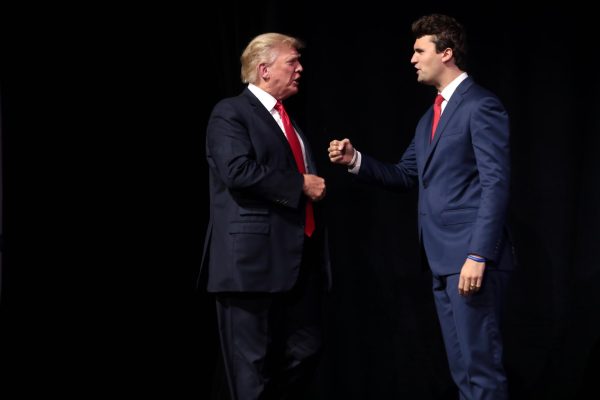


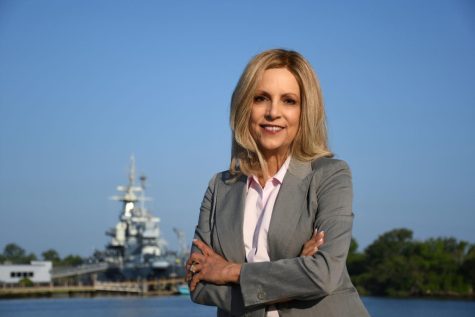
Michael Anthony • Aug 20, 2020 at 4:13 pm
Well said Nicolas!!! It’s sad, but true. Common courtesy, empathy and positive action are being graded as some sort of weakness in an all too manufactured world of me, me, me. It takes strength to help others! Get out there and vote for grace and civility, because the fate of us all depends on it!! Divided we fall.